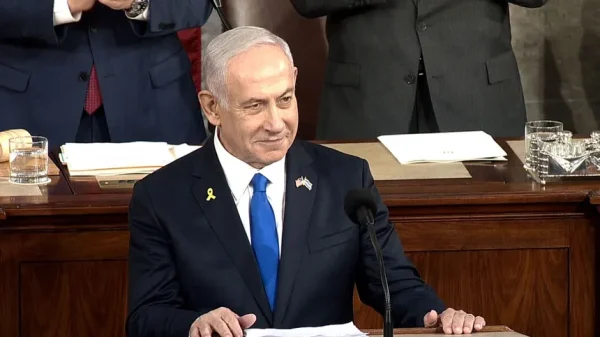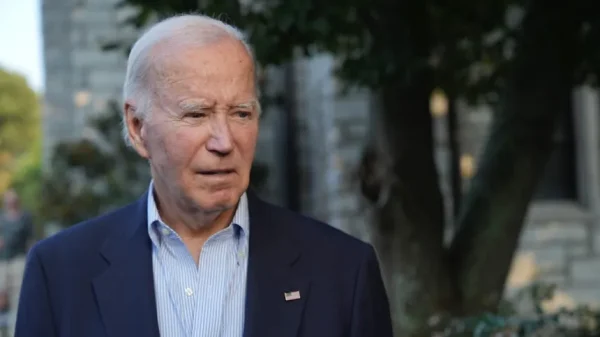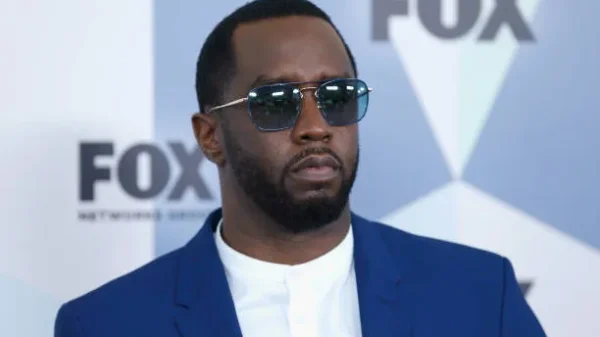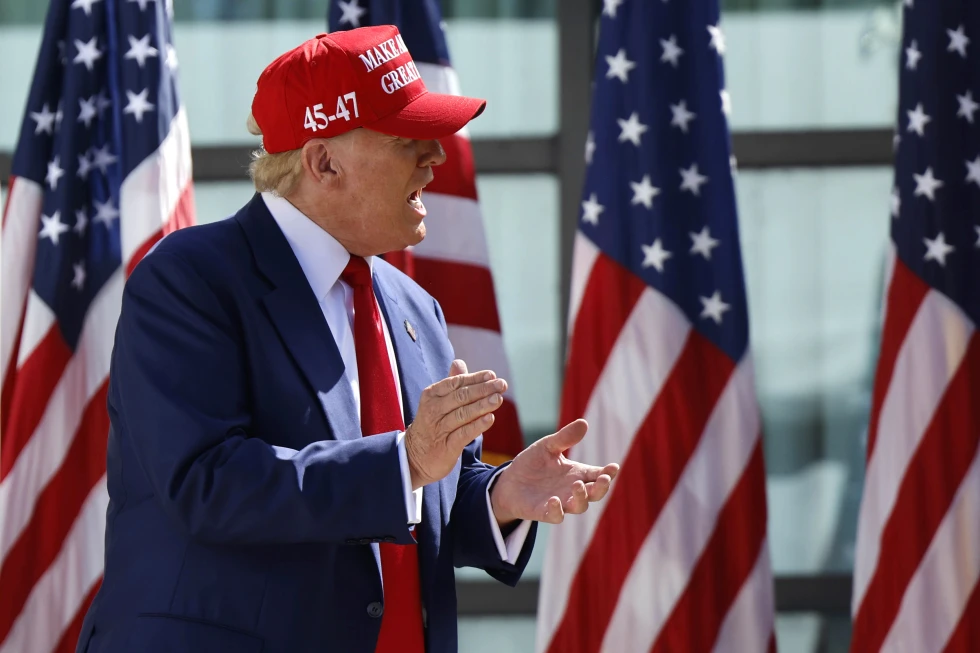In the coming days, the Supreme Court will face several critical decisions largely stemming from the January 6, 2021 attack on the U.S. Capitol, a situation largely of its own making.
The justices are expected to rule on whether Donald Trump can face criminal charges for his actions in trying to overturn the 2020 election results, and whether those who stormed the Capitol can be prosecuted for obstructing official proceedings. Additionally, the court will decide whether Steve Bannon can remain free pending his appeal of a contempt of Congress conviction.
These cases are part of a broader set of about a dozen major disputes the court is handling, covering issues like abortion, homelessness, federal regulation powers, the opioid crisis, and social media platforms, as the end of the court’s term approaches.
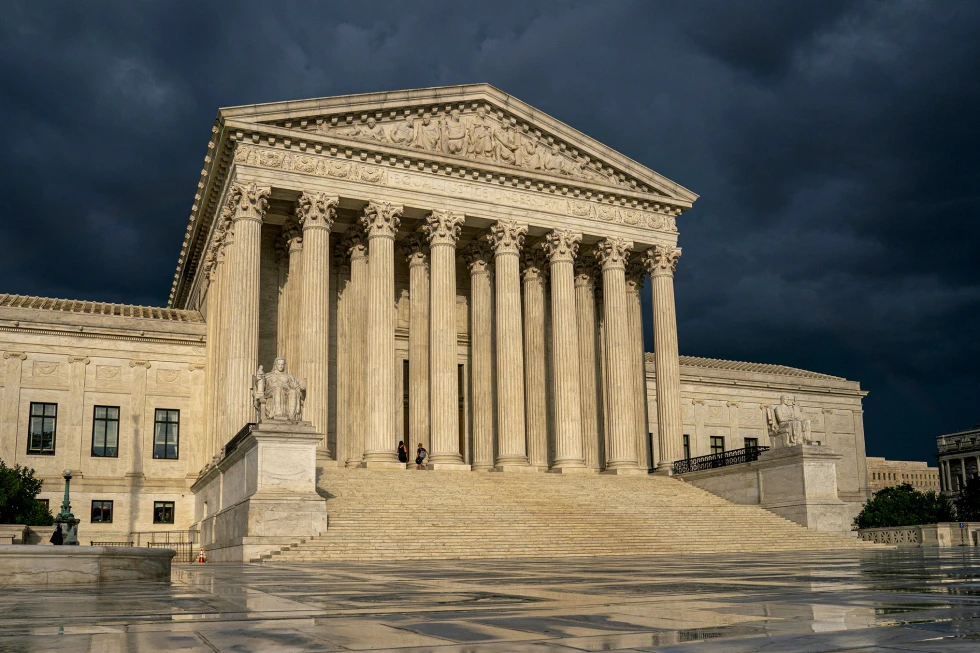
The Supreme Court is seen under stormy skies in Washington (Michael West/Getty Images)
The rulings on Trump-related cases could shape public perceptions of the court, particularly its conservative majority that includes three Trump appointees. Some justices have faced calls to recuse themselves from Jan. 6 cases due to concerns about their impartiality.
For Trump and his supporters, the outcomes could fuel arguments that the Justice Department has treated Capitol riot defendants unfairly, despite over 1,400 criminal cases filed, with 200 convictions and more than 850 guilty pleas.
These upcoming decisions are likely to amplify debates about the rule of law and the justice system’s handling of the aftermath of the Capitol riots.









